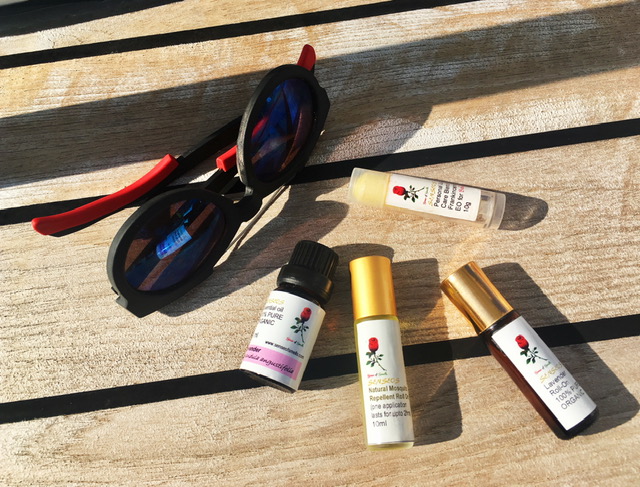Essential Plant Oils: A Medical Breakthrough for infection?
- SOStyle

- Oct 30, 2016
- 2 min read
Updated: Jan 31, 2019
Extract from the book "Beyond Antibiotics' by Michael Schmidt, Lendon Smith and Keith Sehnert
European physicians have been carrying out extensive research into the use of plant oils in the treatment of infections. Plant oils are biologically active components of the plant that are extracted through a process called distillation or, in the case of citrus oils, pressing. One of the advantages essential oils have over antibiotics is that bacteria do not develop resistance to essential oils. It seems almost too good to be true, but it appears that many of the antibacterial plant oils work by interfering with the bacterial ability to breathe. The bacteria literally suffocate to death.
Another advantage to essential oils is that some actually stimulate immune function. Thus, some are directly bactericidal, fungicidal and virucidal while others boost immune defenses.
The therapeutic use of essential oil is applied through a system of treatment known as Aromatherapy. The term 'aromatherapy' is used because these oils easily evaporate and it is often the vapors (or aroma) that have therapeutic benefit. For example, Eucalyptus oil can be inhaled to reduce spasmodic coughing. The oil of Inula graveolens can be inhaled to treat heavy bronchial congestion.
Essential oils are also easily absorbed through the skin. Oil of Lavender, which has many active chemical constituents that boost immunity, can be rubbed on the body whenever a cold, flu or bacterial illness is going around. The oil is absorbed through the skin into the bloodstream and boosts immunity (These oils are absorbed through the skin within 20-40 minutes - 100 times faster than water.) illness can often be prevented in this way.
Drs. E. Gildemeister and E. R. Hoffmann wanted to test the antibacterial and antifungal activity of common essential plant oils. They used phenol as their reference point and assigned it an arbitrary reference value of 1.0. The findings were quite a surprise. All the oils tested proved to be more active antimircrobials than phenol. Oil of Lavender, very safe, pleasant and widely used, scored 1.6. Oil of Oregano received a score of 21. The essential oil of Thyme was tested against common infectious organisms such as Candida albicans, Klebsiella pneumoniae and Staphylococcus aureus and was found to be an effective antibacterial.




Comments